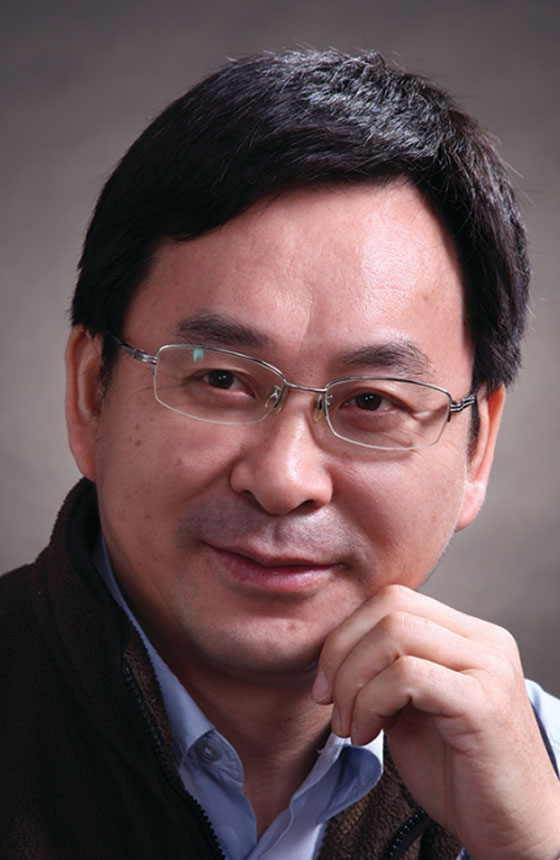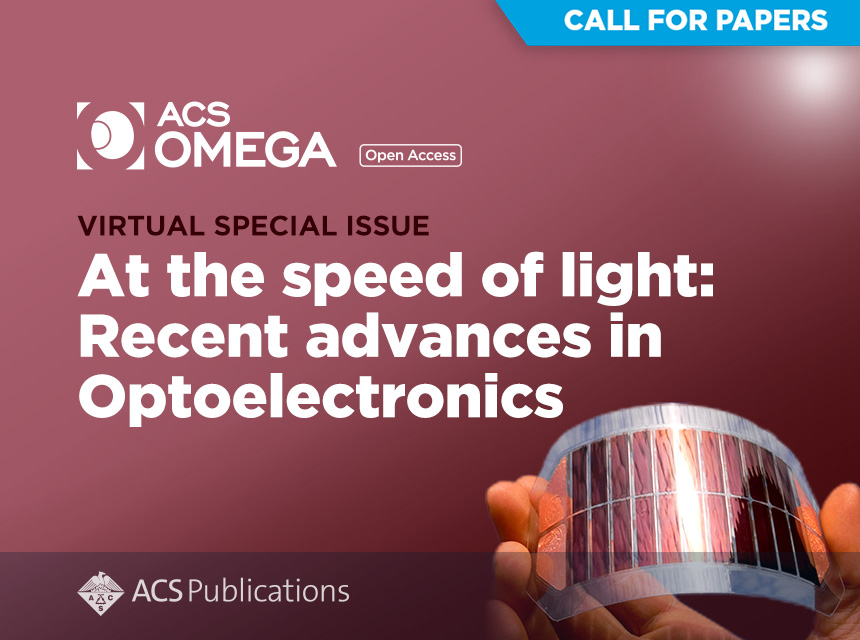In recent times, the field of optoelectronics has undergone a remarkable growth. This surge has been driven by an ever-increasing demand for high-performance devices across a wide array of applications, including sensing, imaging, communication, and energy harvesting. Such developments have been made possible through groundbreaking advancements in novel materials, heterostructures, and innovative device architectures, which have opened up previously untapped possibilities for boosting the efficiency and performance of optoelectronic devices.
To delve deeper into these fascinating developments, we take great pride in presenting this Special Issue. This issue is dedicated to exploring the applications of novel materials in various optoelectronic devices, shedding light on the exciting progress in the field and showcasing the potential for further advancements.
Authors are invited to contribute cutting-edge research with a focus of this issue will be on the novel design, synthesis, and comprehensive characterization of these new materials, and their seamless integration into fully functional devices. Practical implementation in real-world devices, scalable manufacturing processes, and performance optimization are also highly encouraged.
We invite Articles, Mini-Reviews, Reviews, or Perspectives on all topics relating to optoelectronics, including (but not limited to):
- photodetectors
- light-emitting diodes (LEDs)
- lasers
- solar cells
- heterostructures
- nanomaterials
- metamaterials
- quantum dots
- perovskites
- two-dimensional materials.
Furthermore, this Special Issue aims to foster collaborations and exchange of ideas among researchers, scientists, and engineers working at the forefront of optoelectronics. By bringing together diverse perspectives, we hope to spark innovative solutions, overcome challenges, and accelerate the integration of these revolutionary materials into commercial applications.
We welcome submissions for this Virtual Special Issue through 1 April 2024. All manuscripts will be peer-reviewed to ensure they fit the scope and conform to the high-quality scientific standards of ACS Omega prior to acceptance.
If your paper is accepted, your work will be highlighted as a significant contribution to this growing field of exploration. As ACS Omega is a fully open access journal, your paper will be available to anyone, at anytime, anywhere in the world.
Accepted publications will go online as soon as possible after acceptance and be published in the next available issue. In the Spring of 2024, the publications on this topic will be gathered into a Virtual Special Issue on a dedicated webpage and be promoted as a collection.
If you have any general questions regarding submission to this Virtual Special Issue, please contact Professor Deqing Zhang.
Article Processing Charges apply for publication in this fully open access journal. Please see our website for more information on Open Access Pricing, our ACS Country Discount & Waiver Policy, and ACS Read + Publish agreements.
How to submit
To submit for this Virtual Special Issue:
- Log in to the ACS Paragon Plus submission site
- Choose ACS Omega as your journal
- Select your manuscript type
- Under the ‘Special Issue Selection’, choose ‘At the speed of light: Recent advances in Optoelectronics'.
The deadline for submissions is 1 April 2024.
About the Virtual Special Issue Editor

Professor Deqing Zhang pursued his undergraduate studies in chemistry at Beijing Normal University from 1983 to 1987. He then embarked on a rewarding academic journey, joining the Institute of Chemistry, Chinese Academy of Sciences (ICCAS), where he earned his MS in Organic Chemistry in 1990. Driven by a passion for research, he furthered his studies at the Max-Planck Institute for Medical Research in Heidelberg, Germany, under the mentorship of Prof. Dr. H. A. Staab. This fruitful collaboration culminated in him obtaining his Doctorate degree (DR. RER. NAT.) from Ruprecht-Karls University Heidelberg in 1996.
Presently, Professor Deqing Zhang holds the esteemed position of a Professor at the Institute of Chemistry, CAS. His research primarily revolves around the design and synthesis of innovative conjugated molecules and polymers, with a focus on organic optoelectronic materials. Additionally, he actively explores the realm of external stimuli-responsive molecules and supramolecules, seeking to create molecular switches, logic gates, and chemical sensors.
A prolific author, Professor Zhang has contributed significantly to the scientific community, with over 360 papers published in esteemed international refereed journals. His commitment to advancing scientific knowledge is further reflected in his involvement as a co-editor of ACS Omega and his service as an editorial advisory board or international advisory board member for several prestigious publications.
With his diverse research interests and remarkable accomplishments, Professor Deqing Zhang continues to be an influential figure in the field of chemistry and organic optoelectronic materials, inspiring fellow researchers and shaping the future of scientific exploration.
© 2024 American Chemical Society, 1155 16th St NW, Washington, DC 20036, USA. View our Privacy Policy



